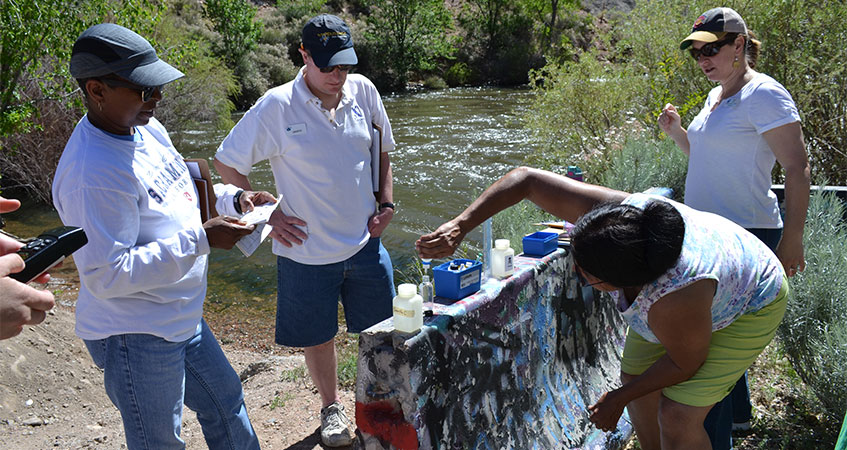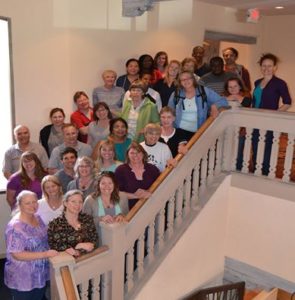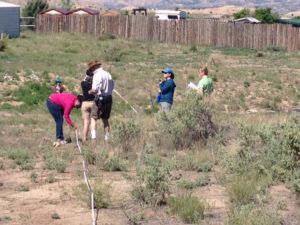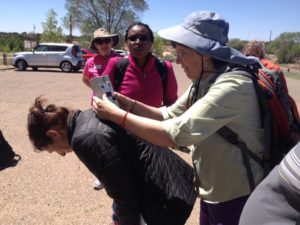We have much more to do and your continued support is needed now more than ever.
GLOBE Boot Camp Fosters STEM Learning

Often when you are sent to boot camp, it’s a rough experience with a lot of physical exertion, sweat, and yelling. But, when you’re sent to a GLOBE Boot Camp, your days are filled with great people and the opportunity to learn how to gather data using cool equipment.

This past week, I spent five days in Santa Fe, New Mexico, with a group of over 30 teachers, scientists, university professors and GLOBE staff. The goals of the boot camp were to learn more about GLOBE and how we could all work together to further student achievement. We also focused on how to better student learning in Science, Technology, Engineering and Math, or STEM.
GLOBE stands for Global Learning and Observations to Benefit the Environment. The National Wildlife Federation’s Eco-Schools USA has partnered with the GLOBE Program to integrate school sustainability with Earth system’s observations, data collection, and action.
The GLOBE Program provides students the opportunity to engage in citizen science via a variety of Earth system protocols, while Eco-Schools USA offers a guided framework for student action teams to perform environmental audits, design and create action plans and work with the community to solve local real-world environmental issues. A better understanding of our Earth systems help us meet the needs of wildlife and their habitat in a climate that is drastically changing.
One of the key aspects of a GLOBE training and Boot Camp is to learn the “protocols” or specific ways in which data should scientifically be collected. This includes knowing the equipment, ensuring the equipment is calibrated correctly, and knowing how to properly gather the data.

During the boot camp, we had the chance to use equipment such as sling psychrometers, sun photometers and Densiometers to gather interesting data about water, soil, aerosols, and biodiversity. We learned about protocols surrounding the biosphere (land cover mapping, biometry, GIS), the hydrosphere (salinity, pH, temperature, dissolved oxygen), the atmosphere (air temperature, aerosols, clouds), and the pedosphere (soil moisture, density, temperature).
We also spent a great deal of time learning and speaking to STEM Equity, which refers to the concept that all students no matter their race, culture or economic status deserve access to STEM teaching, resources, and programs.

Since training lasted from 8:00 a.m. to 9:00 p.m, the term “boot camp” was actually somewhat appropriate. Yet, every minute and every day were filled with important learning opportunities and discussions about how to further our work and ensure the success of our programs. We want our educational programs to not only provide STEM equity, but also provide a strong scientific base that will support student STEM learning.
Two of the best outcomes of the GLOBE Boot Camp were the people I met and the important connections that were made that will result in organizational and program collaborations.
Stay tuned for some great NWF Eco-Schools USA and GLOBE programming!





















